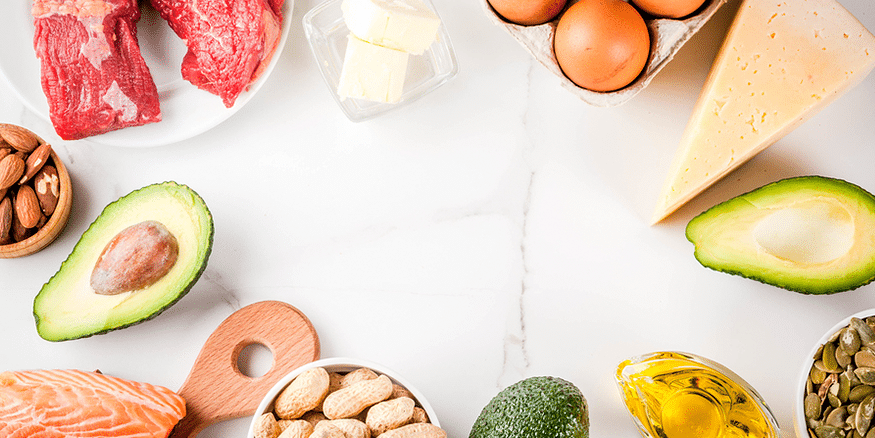
Prednisone and Diet
Prednisone is an anti-inflammatory medication which is commonly used in the treatment of ulcerative colitis and Crohn’s disease. This medication has some potential side effects that relate to the food we eat. These dietary guidelines may help to minimize these possible side effects.
Sodium and Fluid Retention
Prednisone may cause sodium (salt) and fluid retention, which can raise blood pressure and contribute to swelling. A small amount of salt in cooking is usually acceptable in helping to control this retention, but excessive salt use should be avoided. This also includes salty foods (i.e. potato ships, bacon, crackers, canned goods, pickles, etc.). For people with a colostomy or ileostomy, restricting salt is not recommended unless otherwise indicated by your physician.
Protein Breakdown
Protein losses and breakdown within the body is often a side effect of taking Prednisone. Therefore, for most people on this medication, a high protein diet is beneficial. As well, these protein losses may be compounded by the additional loss of protein during active Crohn’s or ulcerative colitis. Sources of high protein include meat, poultry, fish, eggs, and cheese.
Calcium Absorption
Prednisone decreases the absorption of calcium within the body. Most people on Prednisone will need between 1000 to 1500 mg of calcium per day. Refer to table for food sources high in calcium.
If you are unable to obtain dietary sources of calcium, a calcium supplement may be useful. Consult your physician or dietitian before starting on one.
Food Item |
Quantity |
Calcium Content |
| Milk | 1 cup | 300 mg |
| Cottage Cheese | 1 cup | 150 mg |
| Cheese | 2 oz | 400 mg |
| Yogurt | ¾ cup | 300 mg |
| Salmon | 3 oz, canned with bones | 170 mg |
| Broccoli | 1 cup, cooked | 100 mg |
Cholesterol and Lipid Levels
A person’s cholesterol level may become elevated while on Prednisone. If your physician indicates a rise in your blood cholesterol, you may need to limit fat in your diet. Choosing lower fat dairy products (i.e. 2% or less) and limiting added fats (i.e margarine, butter, sauces/gravies) can help to lower your cholesterol if it becomes elevated.
Blood Sugar
Prednisone may cause an increase in blood sugar level for some people. Limiting sugar intake is helpful in maintaining a suitable blood sugar level. Consult your physician to determine if your blood sugar needs to be monitored.
Conclusion
Most people taking prednisone will especially benefit from a high protein diet that includes sources or calcium (or supplemental calcium if necessary) If you have concerns regarding fluid retention, blood sugar and cholesterol levels, consult your physician to determine if these need to be monitored.
